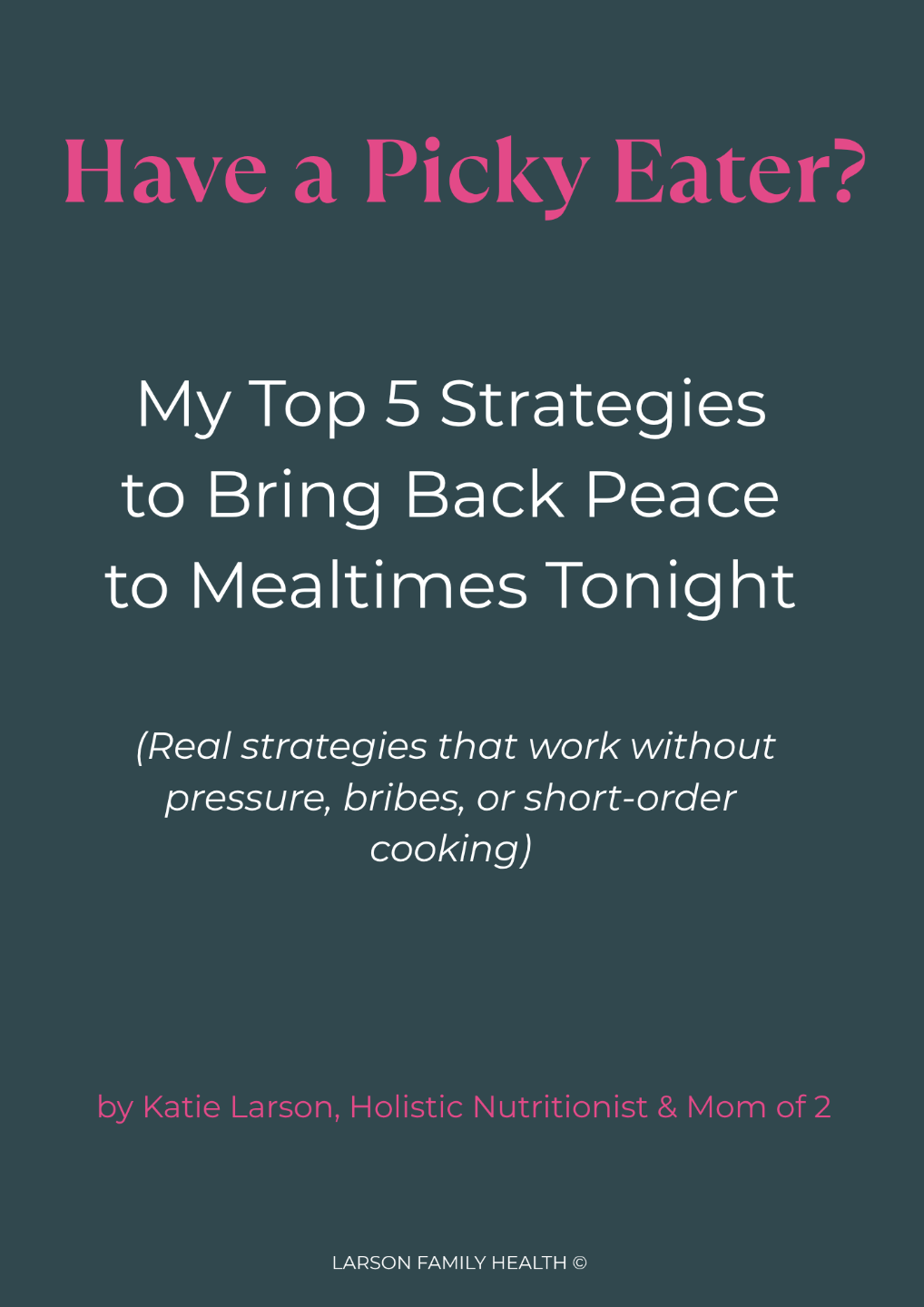
Part One: The Top Reasons You Need to Prioritize Sleep
Nov 10, 2020Ah, sleep. Often elusive, more difficult to achieve than it should be, and usually at the bottom of the priority list.
Welcome to this 3-part series on sleep! Today we will talk about the W H Y of sleep. Part 2 will cover the H O W to get good sleep and the 3rd part will cover K I D S and sleep.
Let’s first talk about the foundational components of sleep.
An average person has 4-5 sleep cycles per night, typically lasting around 90 minutes each. Each cycle has multiple stages including non-REM (rapid eye movement) stages 1, 2 and 3 and REM (deep) sleep.
-
Stage 1 contains alpha and theta brainwaves, which is light sleep and activates different hormones and enzymes.
-
Stage 2 is where most of sleep occurs. This contains deeper theta waves and slowing down of brain waves in general. During this stage, sleep spindles are activated in the pre-frontal cortex, the thalamus, and hippocampus. These areas are associated with feeling refreshed, the ability to learn, and allows for integration of new information.
-
Stage 3 is the deepest stage of non-REM sleep which contains delta waves.
When we fall asleep, we cycle from stage 1 through 3 and then back to stage 1 before entering deep REM sleep, the vivid dream stage.
Why.
Before I dive into why sleep is so crucial to our health, I want to state something obvious. Life is stressful right now. Unpredictable. Anxiety-provoking. If your sleep has not been impacted in the past 8 months, then you are super human and you can stop reading right now.
But for most of us, we have had many, many, many nights of insomnia, restless sleep, and shortened bouts due to all. the. things. Sleep deprivation is on the rise. Depression is on the rise. Anxiety is on the rise. Spoiler alert: they are all connected.
If sleep is interrupted or cut short, hormone production is dramatically impacted. For example, just one night of sleep deprivation will cause decreased glucose tolerance and increased insulin sensitivity, similar to that of a diabetic. CRAZY! Additionally, when you get adequate sleep, your body becomes a fat burning machine! Sign. Me. Up. One weight loss study took two groups and fed them the same food for two weeks, but one group was limited to just a few hours of sleep per night. The sleep deprived group did not lose weight while the group getting full nights of sleep did. The theory behind this is that melatonin, which is a sleep hormone that also supports fat burning, gets produced when it is dark, which is how it should be as we fall asleep. Melatonin is suppressed by bright lights such a daylight (or that pesky light from your TV and devices). If we do not get enough sleep, we produce a decreased amount of melatonin and a nasty cycle with cortisol begins. More on this in part 2!
There are even more concerning consequences of sleep deprivation. When we do not get enough sleep, our brain is impacted in the following ways:
-
Decreased activation of the decision making area of the brain
-
Decreased activation in the amygdala, the primal area of the brain focused on survival
-
Decreased leptin (which means we are HUNGRY and crave sugar). If you’ve ever craved junk food when you are tired, this is part of the reason why.
-
Memory is impaired: ever tried reading text and trying to recall when you are tired? You can’t.
-
Word finding is impaired: have you ever been so tired that you struggle to recall words? Me too.
We will dive more into this in part 2, but a healthy gut biome is essential for good sleep. Why? Because 400x more melatonin (WHAT!?) is made in the gut compared to the brain. Pair this with the fact that our vagus nerve takes information from the gut to the brain, and it may become obvious why a functioning and healthy gut is important. Serotonin, a neurotransmitter that helps balance mood and feelings of happiness, is also made primarily in the gut, not the brain as most of us learned oh so many years ago. Mental health begins in the gut.
Here’s a few more reason why a full nights sleep is super important:
-
Sleep removes excess cortisol
-
If you aren’t sleeping, you likely feel like your stress is out of control and that you can’t get a break from it. You likely are also experiencing massive amounts of anxiety.
-
-
70% of growth hormone is released during deep sleep
-
Men produce enough testosterone for the day during the night before
Are you intrigued yet? Sleep is crucially important to our well-being, particularly weight and stress management. I’m excited to dive into part 2 next week and talk more about strategies to get you sleeping well!
Here’s to your health (and sleep!)
Become part of our newsletter community where you'll find inspiration, motivation, and helpful tips so you and your family can thrive!
We hate SPAM. We will never sell your information, for any reason.



